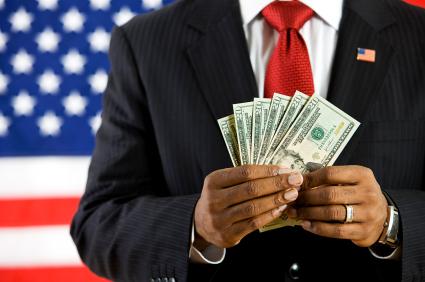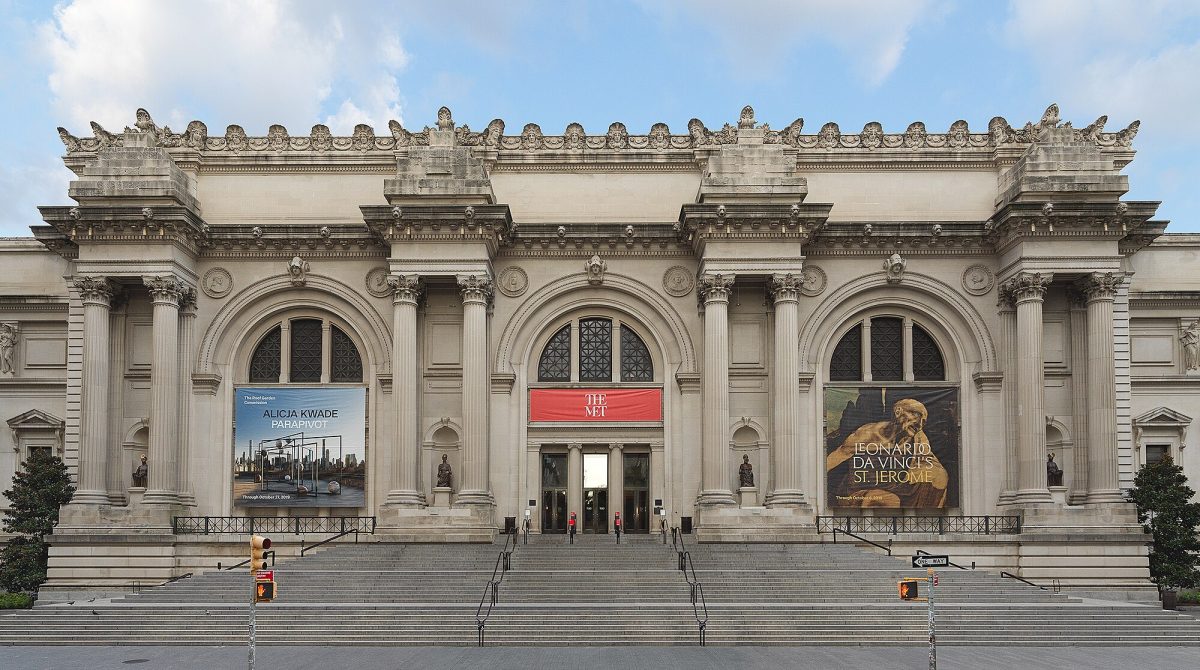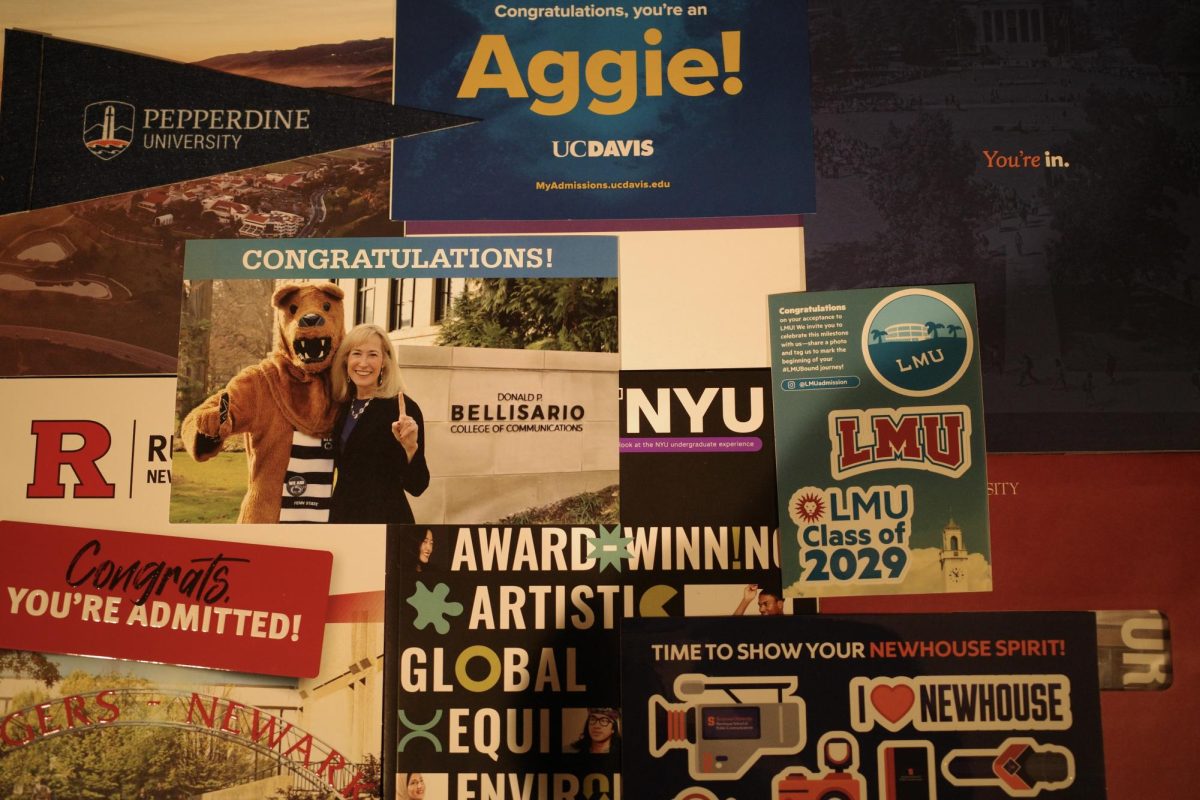By Lam Chung | Staff Writer

In the midst of all the tension surrounding the current political and social climate, the ethicality of American politics has come into question as the acts of lobbying from large corporations continue to come to light. Corporations should not be able to donate to political campaigns in order to ensure a fair and equitable democracy.
Following the siege on the Capitol, Major League Baseball (MLB) has halted all political donations under their name after donating $1.2 million lobbying in 2019. However, many other large corporations from fast food chains to Wall Street banks have also cut off donations after the occurrence at the Capitol.
While many see this sudden mass halt of corporation contributions as a stake in the ground for substantial change, the siege on Capitol Hill only exposed how much influence these donations have on American democracy.
Karthik Ramanna, professor at the University of Oxford, stated that, “it is naive to see corporations as heroes in this dark-house just because they are suspending political contributions. Part of the reason we are in this dark-house is the unrestrained meddling of corporations on our political process.”
This “dark-house” refers to the control that corporations have through donating or funding politician campaigns, and the agreement that when those politicians are elected into office, they are obligated to pass legislation in favor of their donors. Ultimately, the voice of the people is ignored.
According to the Federal Election Commision, campaigns cannot accept donations from corporations. However, corporations can donate through lobbying firms, or Super Political Action Committees (Super PACs). In 2019, the MLB spent $780,000 on contracts with external lobbying firms.
These lobbying firms have various specialties that they advocate for, and connect with influential politicians.
In contrast, Super PACs allow businesses, labor unions, and other special interest groups, who are prohibited from donating, to pool their money together for a specific campaign. They can donate unlimited amounts of money in support for preferred candidates to raise money for their campaigns. They can be so powerful in passing or denying legislation that former President Barack Obama condemned these donations, while senator Bernie Sanders refused to take their money during his campaign.
The Atlantic stated, “Corporations now spend about $2.6 billion a year on reported lobbying expenditures—more than the $2 billion spent to fund the House and Senate.”
Top donors, including Bloomberg L.P., donated $156,253,163 to Democratic politicians. The Adelson Clinic for Drug Abuse Treatment & Research donated $109,233,400 to Republican politicians.
This infringes on the people’s collective voice. In most cases, corporations donate their money to candidates and legislation that would benefit them and increase their own profits, rather than advocate for welfare programs that would help the people.
Although it may feel hopeless, public campaign funding has become more prominent in recent campaigns. The Seattle City Council gave each voter a $100 “democracy voucher” to donate to their preferred candidate, and Representative Alexandria Ocasio-Cortez received 62 percent of her funding from grassroots organizations.
Whether hiring lobbyists or donating to Super PACs, there must be stricter prohibitions to lessen the impact of corporate donations on political campaigns. Corporate money should never be the force that dictates legislation—it should always rely on the voice of the people.






